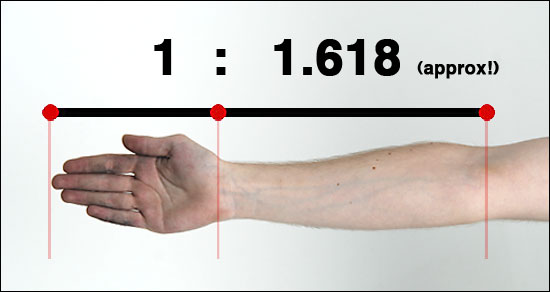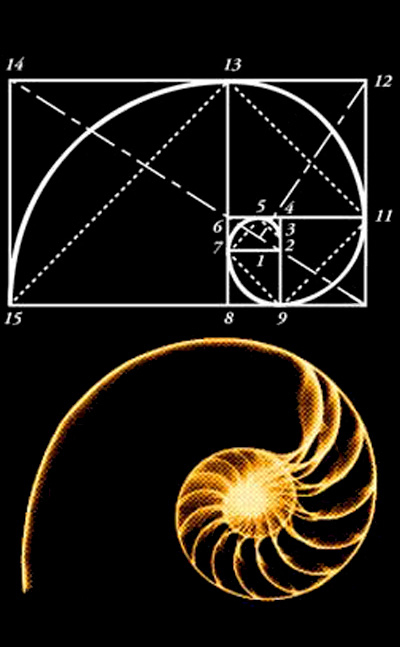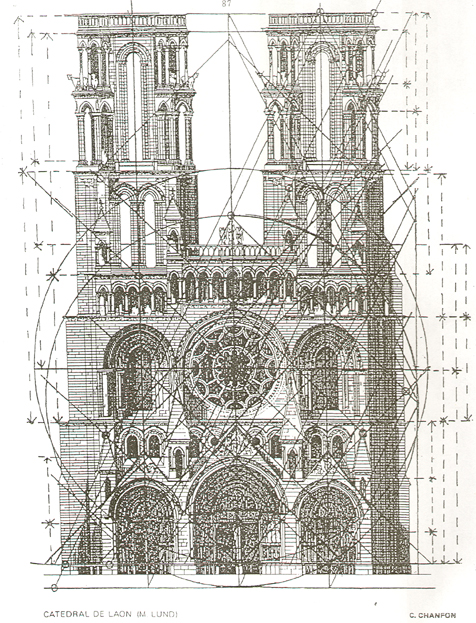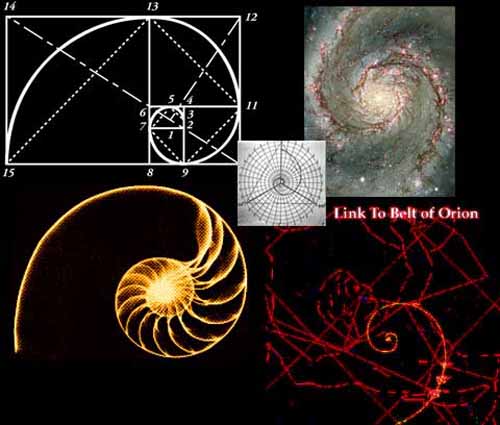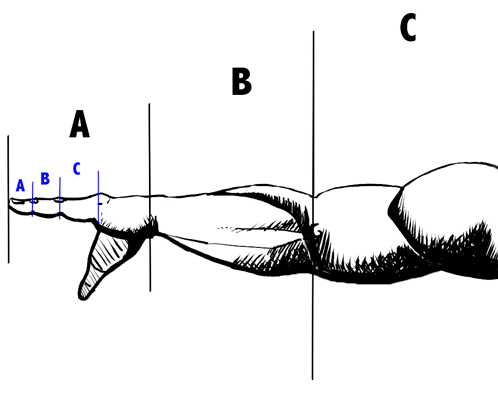ENGINEERING

INTRODUCTION
A Unified Subject
Engineering today requires a “systems” approach where the total product is designed as a coherent entity. Technological advances can only be properly exploited using a team in which each specialist is aware of the problems and solution techniques available to other colleagues. There is no room for the water-tight divisions which used to separate the traditional branches of engineering. In designing a typical oil platform we find engineers working together to optimise the inter-relationships of the structure, the gas turbines driving electrical generators, the motors which drive oil and mud pumps, control gear for drilling and pumping, communications networks and safety systems. Any interactions which might cause pollution, electrical hazard or explosion must be analysed and eliminated. In fact, many of the methods used by individual specialists are closely related mathematically and benefit from cross fertilisation in use. Such co-operation is readily achieved when these engineers have all been taught side by side.
THE ENGINEERING DEPARTMENT
Integrated Department
The rate of change of technology is so rapid that integrated departments which stress the unified nature of engineering are now recognised as the most appropriate basis for teaching engineering. A broad understanding of their subject assists engineers in their professional careers, especially in their capacity as managers. Students here gain insight into the whole range of engineering disciplines in addition to developing a recognised specialism.
Facilities
The Engineering Department provides a modern and attractive environment for teaching and research. The department is supported by excellent workshops and laboratories dedicated to particular areas of work such as satellite communications, computer aided design, electrical machines, artificial intelligence, materials testing, optical engineering, plastics processing, hydraulics and fluids, concrete, large structures and geotechnics.
DEGREE PROGRAMMES
Honours Degrees
The Department offers a five year programme leading to the Honours degree of Master of Engineering (MEng) and a four year programme leading to the Honours degree of Bachelor of Engineering (BEng). The main specialisations are in Civil and Structural Engineering, Mechanical Engineering and Electrical and Electronic Engineering. The Interdisciplinary and Integrated Engineering programmes take particular advantage of the unified nature of the Department.
Course Structure
All Honours programmes have a common core for the first two years, followed by appropriate specialised courses chosen under the guidance of an Adviser of Studies. A table showing all the individual degree programmes appears at the end of this leaflet.
BScEng Degree
The degree of Bachelor of Science (BScEng) has less demanding admission and progress criteria and is not accredited. If you join our Foundation Course you can graduate BScEng in three or four years. Promotion to BEng is also possible if you do well, but may require a further year of study.
THE COMMON CORE
You will be introduced to the basic principles of all branches of engineering through lectures, tutorials and practical classes during the first two years of your programme.
Year 1
There is more to engineering than simply “the application of science”, but a sound grounding in the relevant areas of mathematics and physics is very important, we have examinations in January and June at the end of each half session. Everyone studies mathematics and computing with engineering subjects covering mechanics, electricity and magnetism, thermodynamics, electrical circuits and electronic devices, and aspects of civil engineering.
Year 2
Again, engineering mathematics plays a central role as it underpins the teaching of key subjects such as materials, structures, electronics, information engineering, fluid mechanics, thermodynamics and electro-mechanical systems. Everyone studies all these subjects, and must pass all examinations, before they can proceed to an honours programme.
Design and Practice
In both years there are supporting practical courses which are continuously assessed. In the first and second years, these include engineering drawing as well as computing exercises and workshop skills. At second year, there are formal reports to be written, based on an activity logbook. Design is a constant theme, with its own lectures and exercises that become more demanding as your technical competence builds up.
THE MEng PROGRAMME
Five Year Programme
Mainstream engineering degree builds on the common core with three years of specialised courses for the honours programme. Aspects of engineering management are included in all programmes. The individual programmes allow you to study languages and further management topics without sacrificing essential engineering courses. Other programmes allow you to broaden the range of engineering topics studied.
Year 3
You will study for four examinations in January and four in June. The Design and Practice element of the courses is continuously assessed. As well as the core courses associated with the specialised programme you have chosen there will be the possibility of selecting options.
Year 4
The pattern of the first half-session is similar to Year 3 with a mixture of compulsory and optional courses which extend the topics developed in the previous year. You then undertake an individual project linked to your specialisation. The project may be taken abroad, and it may be taken wholly or partly in industry.
Year 5
In your final year, you study in depth in your specialist area, and broaden your experience through further interdisciplinary study. There are compulsory courses in advanced engineering analysis and project management. The second half-session includes a major interdisciplinary group design exercise.

